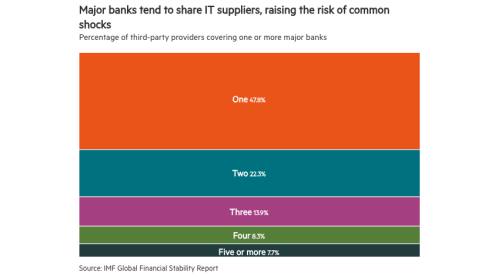Pre-tax profits (PTPs) at three of the four largest banks in Sri Lanka fell last year, as the country struggled to contain the Covid-19 outbreak. The south Asian country’s economy shrank 3.6% in 2020, according to the World Bank.
Bank of Ceylon, Sri Lanka’s largest bank by assets and Tier 1 capital, saw profits fall 29% year-on-year to $119.3m in 2020 from $168.9m in 2019, according to The Banker Database. PTPs at the state-owned bank have fallen 41% between 2017 and 2020.
The country’s economy entered the pandemic in a relatively weak state, with growth held back by various long-running political tensions. For example, the Easter terrorist attacks in April 2019, which targeted churches and hotels in Colombo and killed 267 people, have impeded foreign investment, tourism and business activity in the country.
Other lenders in Sri Lanka have also struggled in recent years. State-owned People’s Bank, the second-largest lender in the country by assets but fourth-largest by Tier 1 capital, saw profits fall 7% year-on-year to $132.2m in 2020 from $141.2m in 2019. The bank has seen PTPs fall 32% between 2017 and 2020.
Likewise, privately-owned Hatton National Bank, the third-largest lender by Tier 1 capital and fourth-largest by assets, saw PTPs drop 16% year-on-year in 2020 to $94.3m, on the back of a 38% fall between 2017 and 2020.
However, bucking the trend last year was Commercial Bank of Ceylon, another privately-owned bank, third-largest by assets and second-largest by Tier 1 capital, which saw PTPs increase 4% year-on-year to $131.5m in 2020.
Trends identified using The Banker Database, an online database providing comprehensive financial data and insight for 4000 of the world's leading banks in 190 countries. Contact us.











